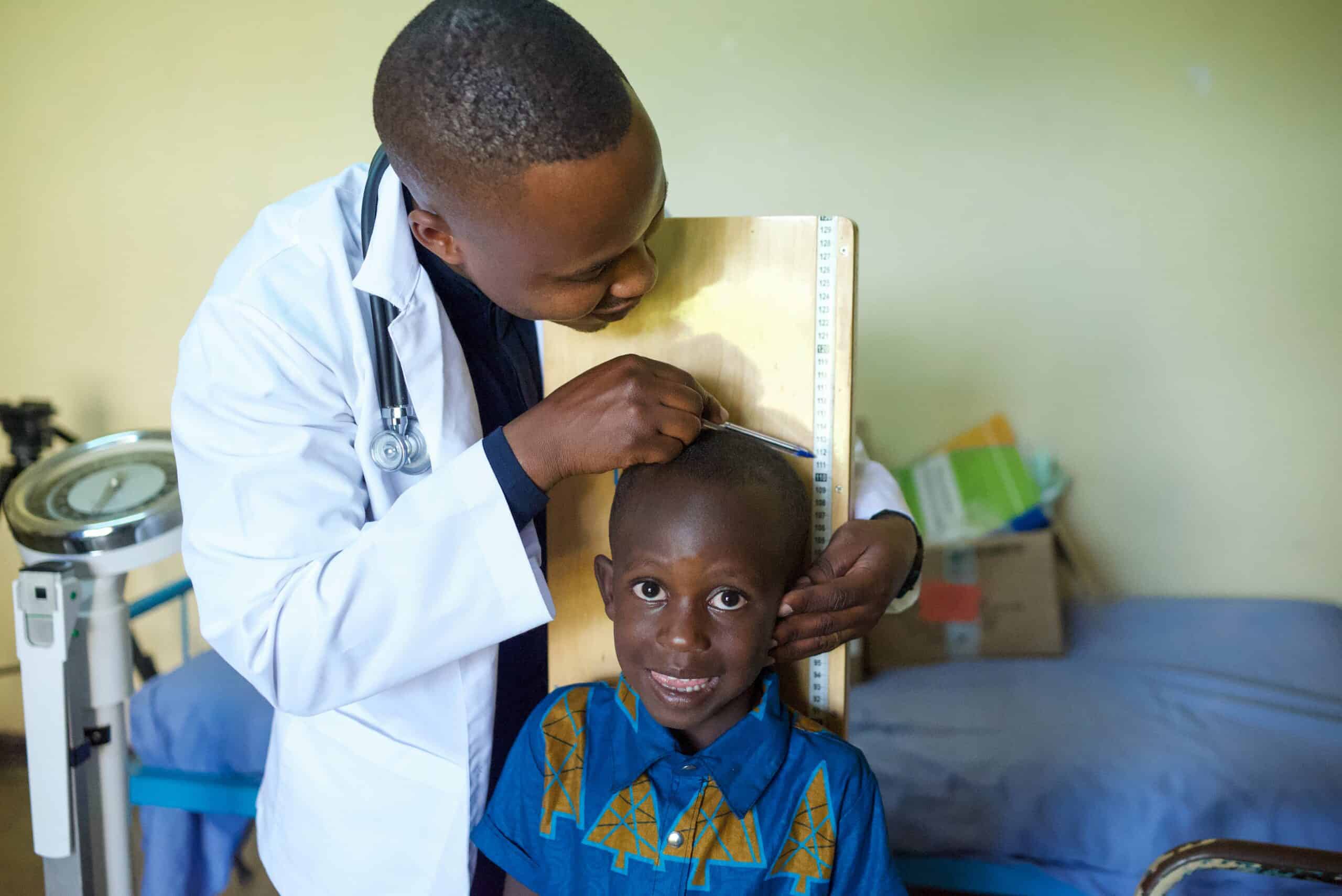YOUR CART
- No products in the cart.
Subtotal:
$0.00

Poverty affects all aspects of children’s health. Physically, poverty prevents children’s bodies from developing and exposes them to serious pain and disease. Emotionally, it causes overwhelming fear and anxiety. And spiritually, it steals away the hope of ever breaking free.
While the effects of poverty on health are many, so are the ways we can fight back. Here, we share the facts of poverty’s impact and what we can do to stop it. Plus, you’ll see the power of stepping in for the vulnerable through the eyes of Anielka, a brave girl who knows the pain of poverty all too well.
What’s Here:
According to the World Bank, around 700 million people live on less than $2.15 per day, which is the extreme poverty line. Out of those 700 million, children account for nearly half, with 333 million children living in extreme poverty.
These little ones lack essential needs, such as nutritious food, clean water, shelter and medical care, including basic care like checkups. For many, living in poverty means a daily fight for survival.
Worldwide, the poorest children are twice as likely to die in childhood.
The lack of life-giving essentials damages the health and well-being of children and their families in many ways.
The health impacts of poverty begin before a baby is even born. Many moms living in poverty suffer from disease and malnutrition, which affect babies as they grow in the womb.
For example, when these little ones are born, they often have a low birth weight. According to the WHO, low-birth-weight infants are about 20 times more likely to die than those at healthier weights.
As these babies grow, they often fall behind others in physical, mental and emotional development because they lack quality medical care, nutrition and other necessities.
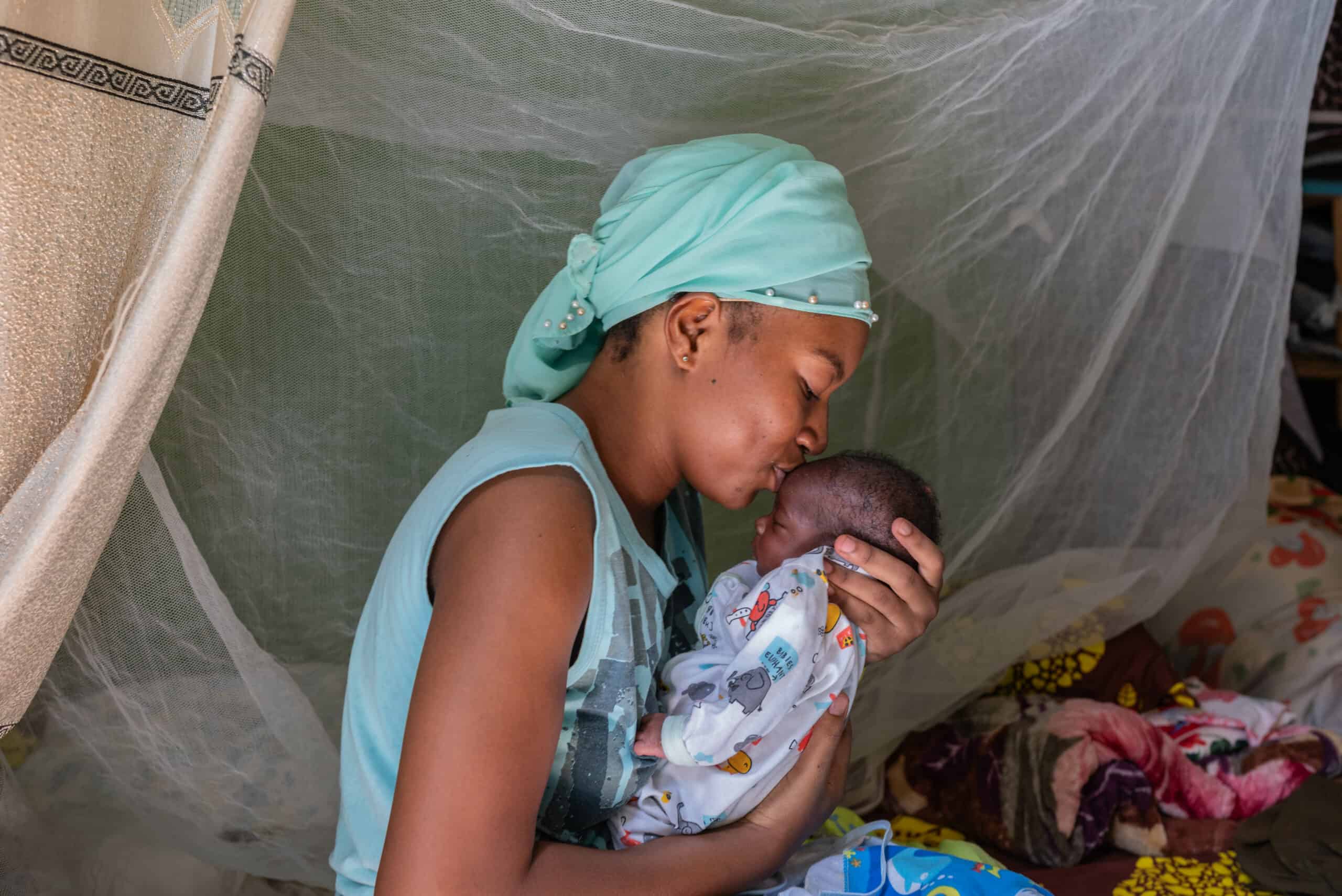
The fight continues as babies become children. Dirty water, a lack of quality nutrition and poor living conditions expose them to completely preventable and treatable diseases that threaten their lives, such as pneumonia and diarrhea.
A study completed by UNICEF found that 1 in 27 children died before reaching age 5 in 2022.
The harsh realities of poverty also leave children vulnerable to physical and psychological pain and trauma. Many parents feel as if they have no choice but to ask their children to work to support the family. Other parents may feel forced to leave their children unattended while they search for work.
These circumstances leave children vulnerable to serious harm, such as child labor, abuse, trafficking and domestic violence.
Basic services like medical checkups would help children get the care they need to fight back against malnutrition, disease and pain. Unfortunately, many families can’t afford the cost of medical care. What little resources they do have must go to other right-now needs, such as food and rent.
And many impoverished communities don’t even have access to medical facilities. Often, families must travel hours to reach the closest clinic or hospital. This means everything from simple checkups to critical emergency care is out of reach.
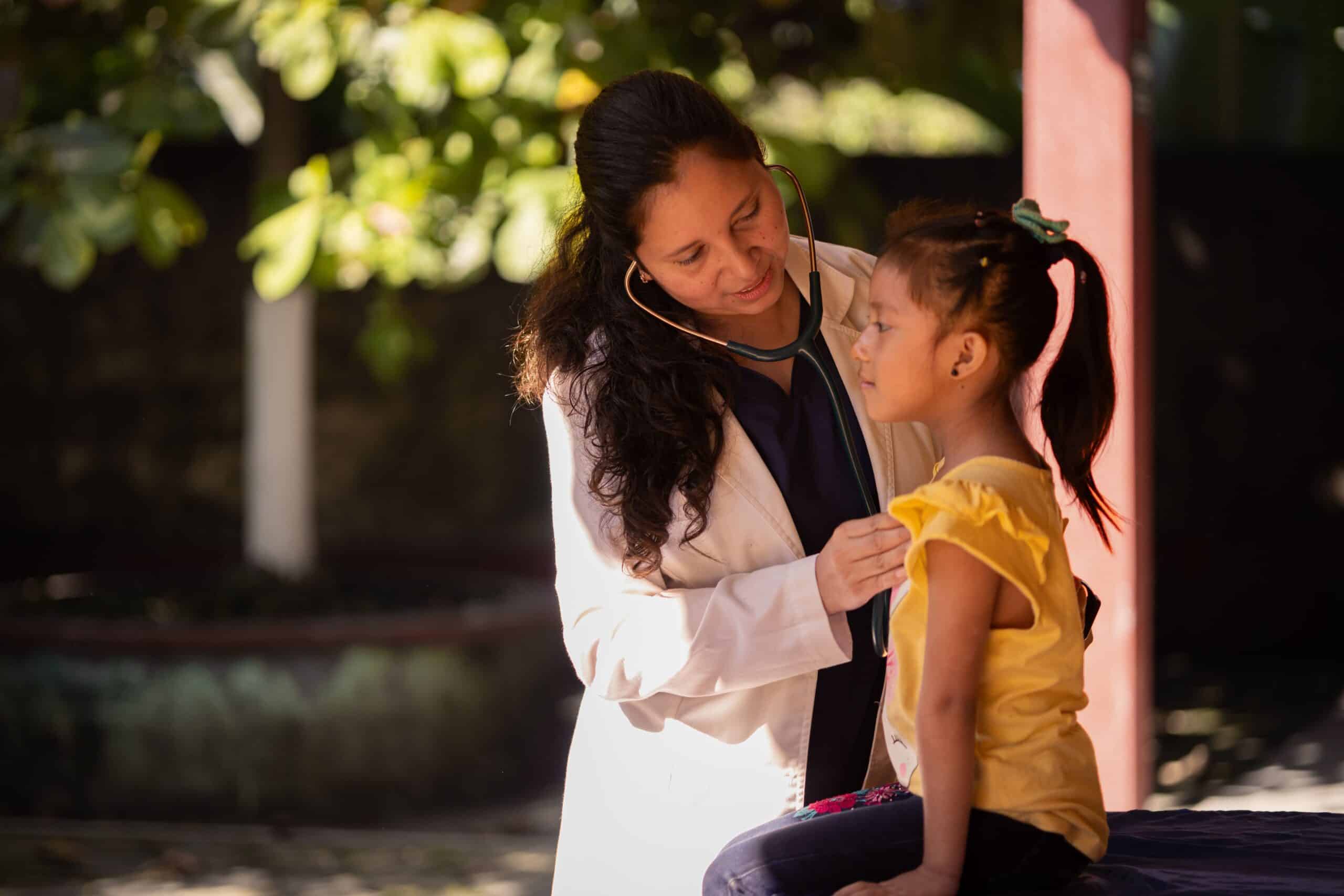
The physical impacts of poverty have ripple effects on a child’s mental, emotional and spiritual health. Here’s how:
And all this leaves a child feeling as if there’s no hope for ever experiencing a brighter future beyond poverty.
Too often, impoverished little ones grow into adults still trapped in poverty, and they must raise their own children in poverty too. While it’s a cycle that seems impossible to break, we can break the pattern by caring for children’s physical, emotional, mental and spiritual health. But how?
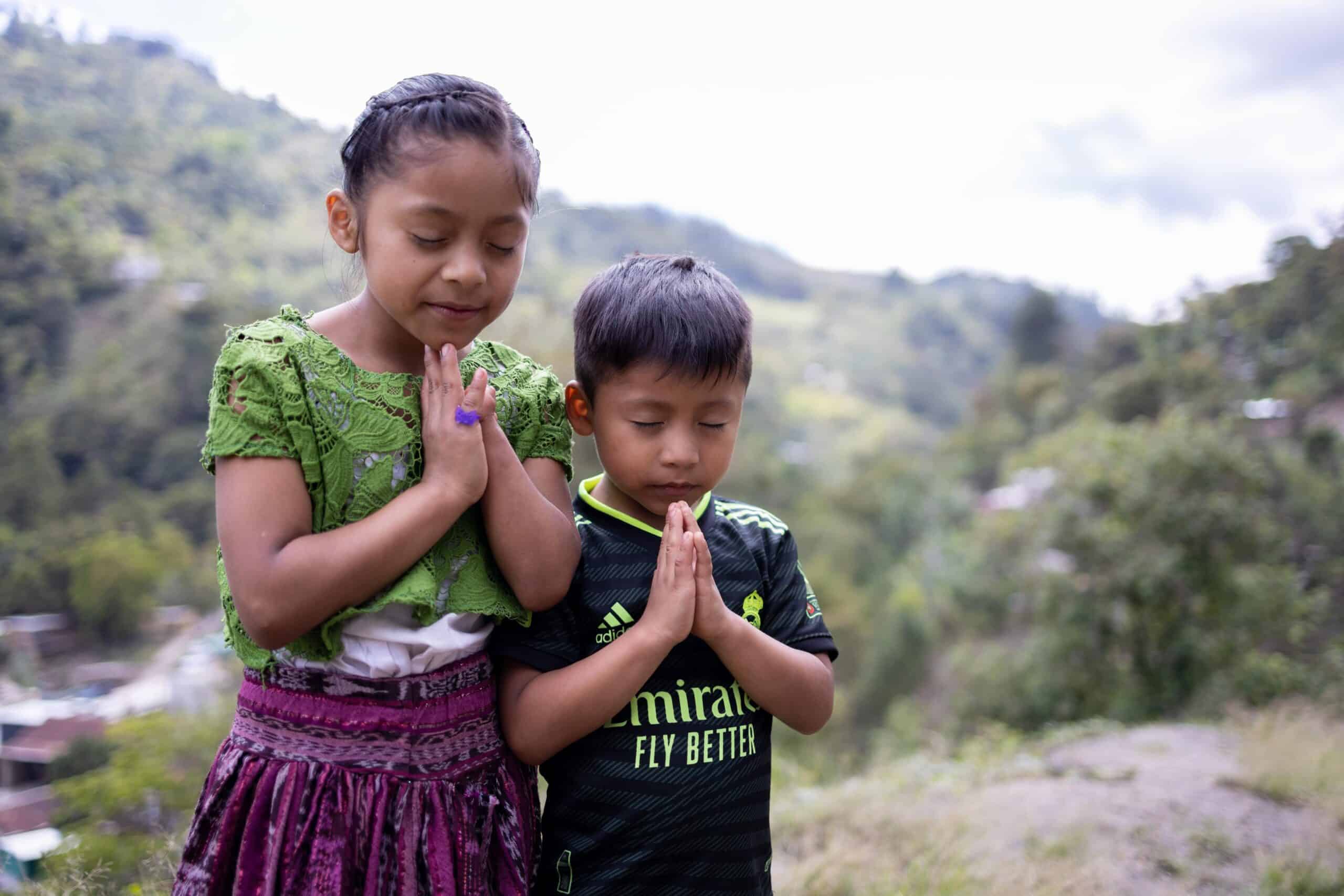
“When I was three years old and just starting to walk, I tripped, and as I fell, I hurt my leg. There are no hospitals in our community, so it took us an hour to get to the hospital. Once there, they told my mother the situation was far more complicated than they first thought.” — Anielka, 15-year-old Compassion program participant from Nicaragua
At just 3 years old, Anielka felt the overwhelming pain of poverty. Because her community didn’t have medical care, Anielka suffered a disability that stole her ability to walk for nine long years.
But at 12 years old, the local church and the hope of Jesus stepped in.
After Anielka’s fall, her mother, Jessenia, took Anielka to the hospital an hour from their community. Once there, the doctors explained that Anielka’s condition was so complicated that she needed to be transferred to a better equipped hospital in the capital, two hours away.
Once Jessenia and Anielka arrived, the doctors shared that Anielka had an undiagnosed heart condition that had caused an infection to spread throughout her body. This meant they couldn’t treat the damage to Anielka’s leg because she could die during surgery and treatment.
“Anielka was in the intensive care unit for one month as the doctors treated her heart. During that time, the bones in her leg started to heal. But they didn’t heal in the right position and became porous, so they would no longer be able to treat them the right way. I was devastated.” — Jessenia, Anielka’s mother
Jessenia took her daughter back home after the long month of treatment. While Anielka’s previously undiagnosed heart condition had now been treated, her leg was a source of constant pain.
While Anielka continued to grow, her damaged leg worsened, and walking became nearly impossible for her.
Jessenia struggled to find a stable job. While there were opportunities in larger cities, they were at least an hour away from Jessenia’s community, and she couldn’t leave Anielka behind for work.
Jessenia wanted nothing more than relief for Anielka. However, the medications and doctor’s visits were too expensive for her, especially when medical treatment was so far away. Her hope of restoring Anielka’s leg began to dwindle.
But then, Jessenia’s neighbors reached out and told her about the Compassion center at the local church.
Jessenia registered Anielka, who then began to receive regular medical checkups and medication. Anielka also began making friends, and her confidence grew despite her condition. With the encouragement of those around her, she began to believe she was capable of anything she set her mind to.
And this confidence? It would inspire her to move forward with the biggest steps she’d ever take.
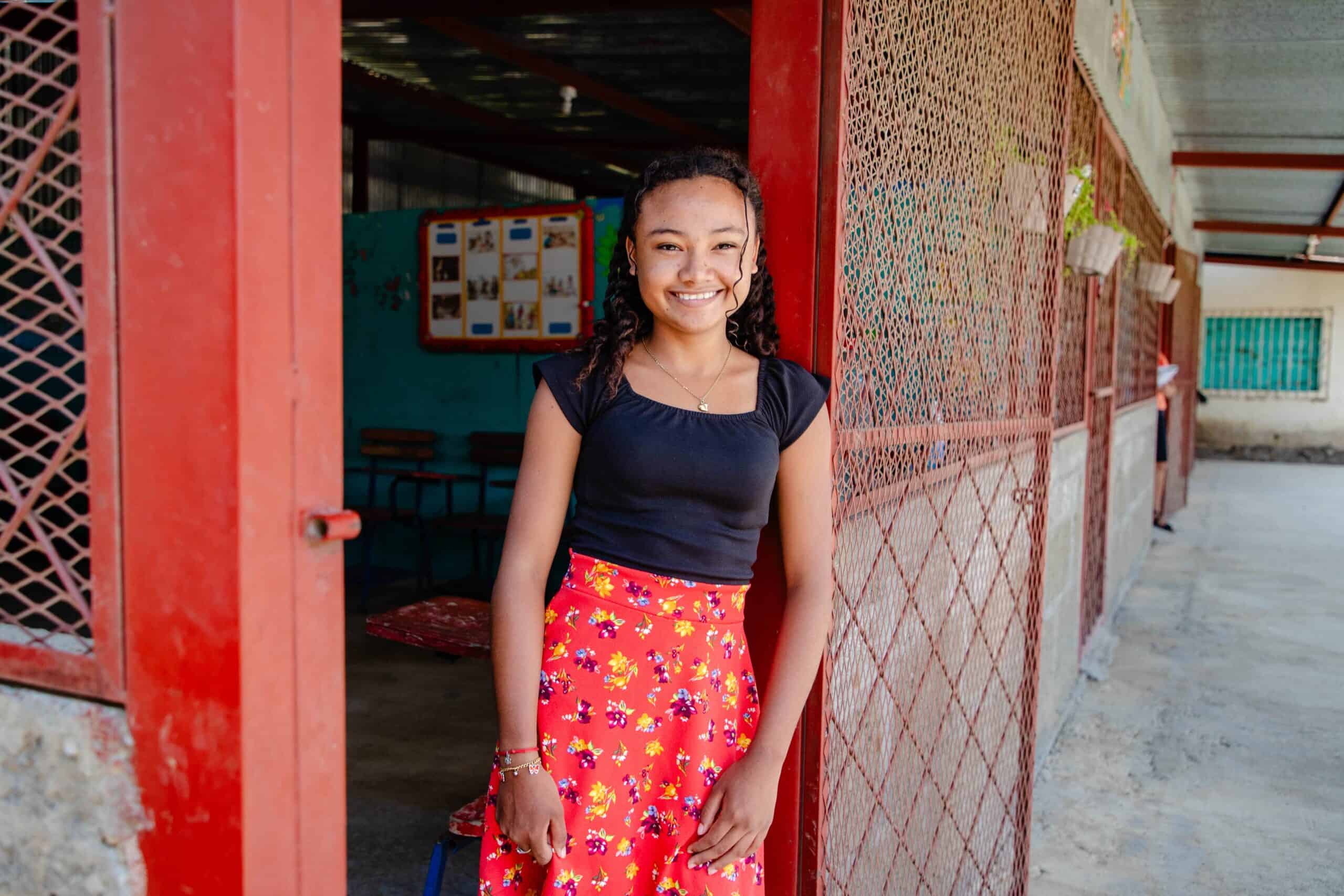
After turning 12, Anielka was healthy and strong enough to have her leg fixed. However, fear began to take root in her heart as the doctors explained that the surgery would require a long and painful recovery.
“I feared the surgery itself. I wondered what would happen if something went wrong or what would happen if it was all for nothing.” — Anielka
Jessenia also struggled with fear over the cost of the surgery. It would require constant tests and appointments leading up to the surgery and during recovery — care that she just couldn’t afford.
The local church saw the pain and fear in their hearts. The church jumped into action, praying for Anielka and Jessenia as they decided to say yes to surgery. They also stepped in to help with the cost, providing the funds for transportation, testing, surgery and recovery.
“The center was there for me. My tutors prayed for me and with me. Their prayers filled me with peace and confidence.” — Anielka
Anielka’s surgery was a success! However, it was followed by a difficult recovery. Pain filled Anielka’s first few days as she spent hours lying on an old mattress at home, as Jessenia couldn’t afford the kind of bed her daughter needed.
The local center stepped in again, providing the orthopedic mattress and constant encouragement that helped Anielka grow stronger every day.
“Every single day during those nine months, I never felt alone. My tutors and friends were always with me. They told me I could overcome this, and I believed them. They had faith in me.” — Anielka
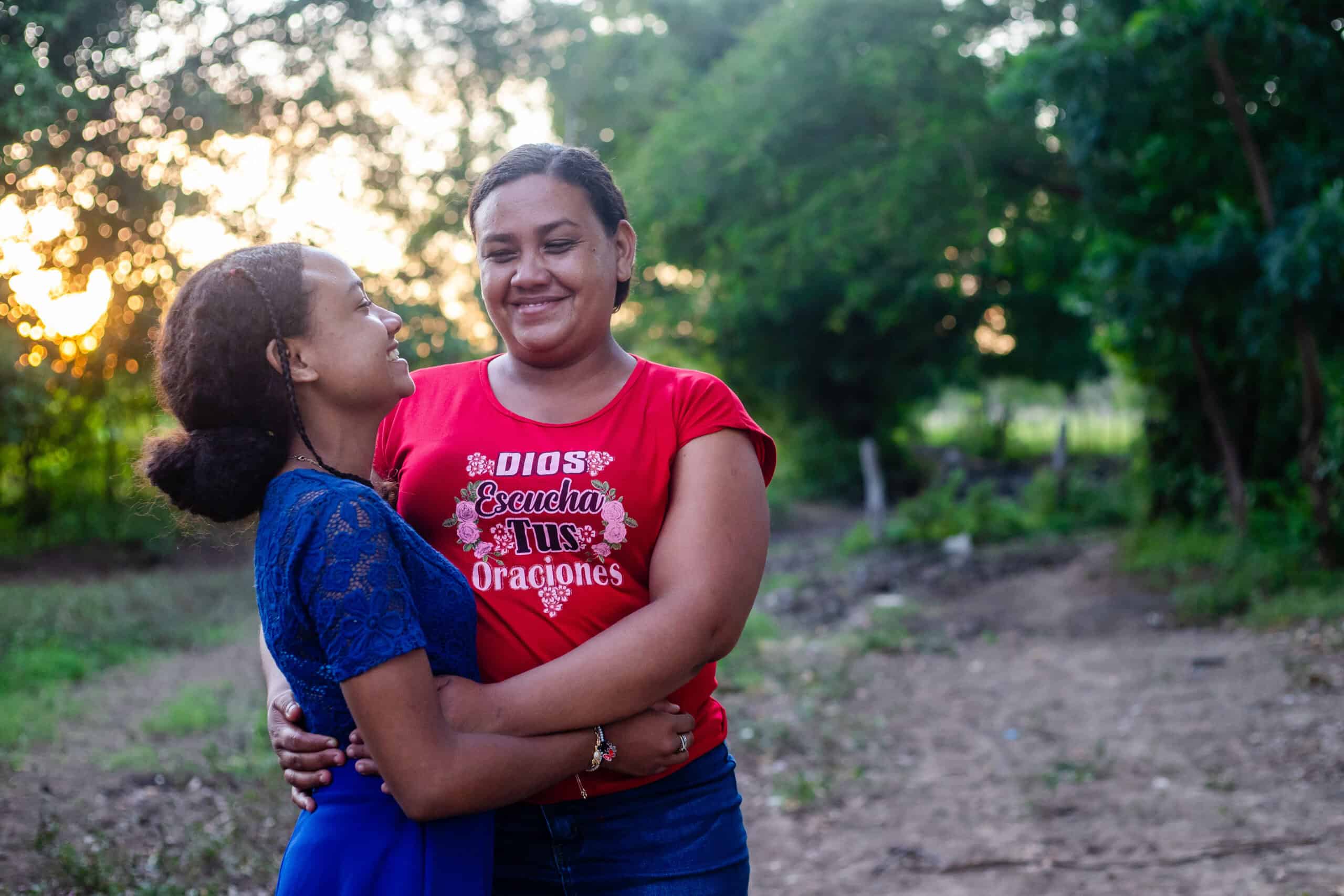
At the end of the nine-month recovery period, Anielka stood up on her own. And for the very first time in nine years, she walked without her mother’s help.
With small steps, Anielka made her way to school each day with her friends. As time went by, her strength and courage grew. A year and a half later, Anielka now joins her friends as they run and play. She giggles as she chases them, completely uninhibited by pain and full of hope for the future.
“I want to be a pediatrician. I want to help other kids who are going through a difficult time. The Lord has helped me so far, and I know that by holding onto him, my dreams will come true.” — Anielka

Lacking medical care once left Anielka in pain. Physically, her leg constantly ached beneath her. Emotionally, her heart was heavy as she watched her friends run and play. Mentally, fear of the future threatened her peace. And spiritually, her hope dwindled.
However, the hands and feet of Jesus offering full and complete care made all the difference.
Millions of children just like Anielka are struggling with the devastating health effects of poverty. But while the effects are many, they’re no match for us when we say yes to meeting the needs of a child’s body, mind and soul.
Together, we can help children break the bonds of poverty by meeting their physical, mental, emotional, and spiritual needs.
